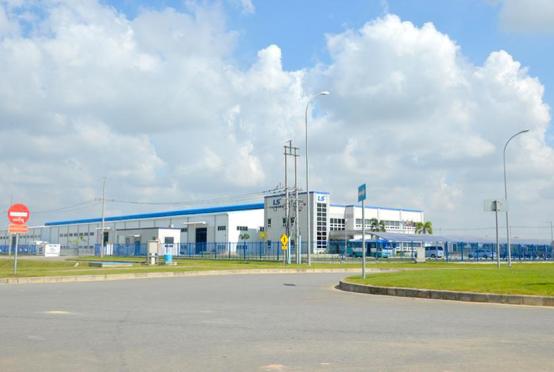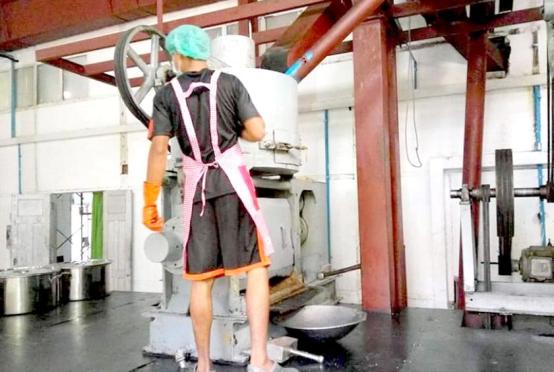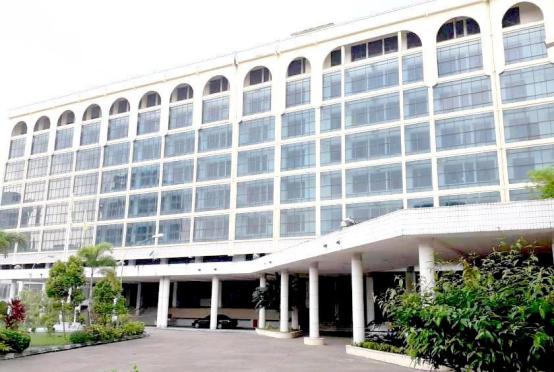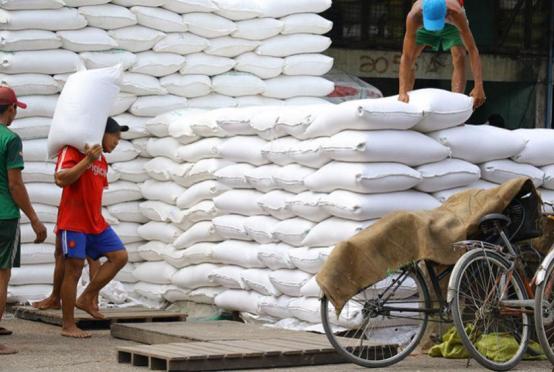The plunge of the value of the kyat shocks the Myanmar business world
The steep drop in Kyat and climbing price of the greenback shook the business world.
The depreciation Kyat and its subsequent impact on the public is worrisome. As always, the grassroot communities always suffer more as Myanmar provides the lowest amount of minimum wage as well as sees a sizable difference between the rich and the poor, income and expenditure.
Livelihood and Food Security Fund (LIFT), an organisation under United Nations Office for Project Services, warned that families already staggering from the impact of COVID-19 will only become worse, plummeting to poverty, starving as food prices skyrocket pass their reach and healthcare services too expensive to procure.
Consumer goods prices are on the rise, with oil and fuel rising by at least 15 percent and climbing. Families will struggle to put food in their bellies, let alone nutritious meals.
Yangon, usually seen as the most prosperous of cities, is seeing a drastic income cut for its residents.
Factories that provided jobs for many lower income families are also facing a crisis; they have low orders and supply chain is jammed. Those factories are also facing solvency issues. Workers from those factories are now jobless, especially many female migrant workers, and are struggling to even get the payment they rightly deserve as factories refuse to pay or cannot pay.
This means that many migrant workers are leaving Yangon to their native lands, as remaining would mean a great challenge as the cost of living in a urban area still remains, harming the spending within Yangon even more.
Even those that were good little savers face the trouble of not being able to withdraw their own hard-earned savings as bank branches remain closed and restrictions on withdrawals remain.
The ATM queues
As uncertainty remain and the queues in front of private bank ATMs continue to wind on, the black market for Kyat to Kyat exchange grows ever stronger.
There also are groups of people that are now working as "full-time" queue standers.
"Some don't want to queue for a long time since there are too many people. So some people prefer to save time rather than money and go cash it out from people at a percentage cost," said a person queuing up.
After a week of such a market, the rates have increased from 5 percent minimum to 7 percent.
"Since it's a situation where there is no other choice, I paid 7 percent. So that's 7000 for 100,000," said someone that cashed out 7 million Kyat.
There are also a high amount of criticism on those black marketeers for pouncing on opportunity on the misery of others.
"I understand the need for some fees but this is too much. They should sympathize with others," said another person in the ATM queue.
Private banks have attempted to stymie the hordes of withdrawers by limiting the amount of cash that could be withdrawn, as well as introducing a token/appointment system at certain bank branches.
Central Bank had attempted to control the skyrocketing price of the dollar by auctioning off a total of 12 million dollars at an average exchange rate of 1650.6 on May 12 and 13.
This does have some, albeit temporary, effect as a dollar to Kyat was at 1710 Kyat on May 11 but was reduced to 1645 Kyat by May 13.
Unstable consumer good prices
The drop in Kyat also means also a marked increase in consumer goods prices as Myanmar relies largely on imported goods, especially items such as medicine, fuel, communication equipment.
"Locally produced goods such as rice, oil, salt, chili, onions and potatoes don't see too much increase. Maybe oil a little bit but imported goods are on the rise like kitchen-use items from Thailand. I'm not sure if Kyat is dropping. We buy from wholesalers so we can afford to sell it only a little increase in cost," said a grocery store owner from Tamwe Township.
"Imported medicine cost more now. Mask prices are the same. It is the case when dollar and gold prices rise. Companies are also selling higher. Routes are blocked but products are still coming in but prices are only going up. It's not artificially inflated but just the demand going sky high. Shop owners aren't stocking up on items too. They just buy what they need now. They also are very selective, only buying the most of essentials," said Ko Pho Hla from Ko Pho Hla pharmacy in Mingalar Market.
"The usual 2 Liters bottle we buy cost around 5600 in the fourth week of January. Now it is at 7500. Coffee mixes cost more. Even some local made items cost more now, " said a housewife from Thingangyun.
The closure of banks and transportation services also meant that, in many regions, even locally produced items such as rice saw increased costs.
Since there are also now more risks involved in carrying cargo, service charges rose by around 40 to 50 percent. The rise in fuel prices also affects this.
Fuel prices now over 33 percent higher
According to the Ministry of Commerce and Trade, Myanmar imports around 200 thousand to 400 thousand tons of fuel per month with most of the import coming from Singapore.
Despite the global speculations that demand for fuel will drop due to the resurgent Covid-19 as well as rising dollar rates, the local prices saw at least a 33 percent increase.
After the Central Bank auctioned off the dollars, the exchange value between the Kyat and Dollar dropped by around 90 Kyats but did nothing to deter the fuel prices from going up further.
According to the Myanmar Petroleum Trade Association, the cheapest 92 Ron was at 620 Kyats per litre in February.
In May 14, it became 1005 Kyats. The rest of the fuels on offer in refill stations had all increased as well with 95 Ron at 1090 Kyats while Diesel and Premium Diesel are now at 1005 and 1015 respectively.
Myanmar imports annually around 6 million tons of fuel On average but comparing the current seven months of this fiscal year to the same period during the previous fiscal year, there is a decrease of over 1 million tons imported so far.
This is true for all kinds of imported fuel, according to official figures.
The current turmoil will surely worsen living conditions for families at the bottom-rung of the income ladder.
While it remains to see to what extent will the conditions worsen to but one thing is clear, business owners, experts, economists all believe that this domino-like effect of Covid-19 woes into sluggish economy into the current ongoing crises will definitely beat many people into the ground.
















